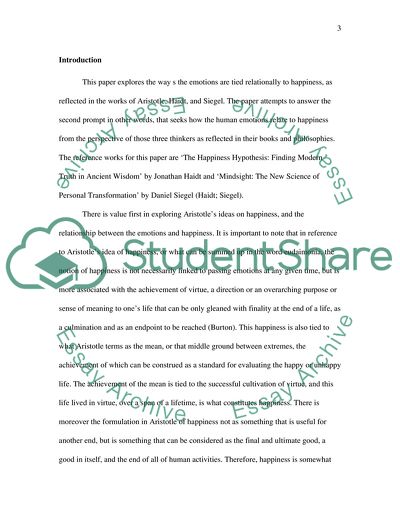Cite this document
(“How does the book "Mindsight" explain the happiness one can Coursework”, n.d.)
Retrieved from https://studentshare.org/philosophy/1687025-how-does-the-book-quotmindsightquot-explain-the-happiness-one-can-acquire-that-is-listed-in-the-book-quothappiness-hypothesisquot
Retrieved from https://studentshare.org/philosophy/1687025-how-does-the-book-quotmindsightquot-explain-the-happiness-one-can-acquire-that-is-listed-in-the-book-quothappiness-hypothesisquot
(How Does the Book "Mindsight" Explain the Happiness One Can Coursework)
https://studentshare.org/philosophy/1687025-how-does-the-book-quotmindsightquot-explain-the-happiness-one-can-acquire-that-is-listed-in-the-book-quothappiness-hypothesisquot.
https://studentshare.org/philosophy/1687025-how-does-the-book-quotmindsightquot-explain-the-happiness-one-can-acquire-that-is-listed-in-the-book-quothappiness-hypothesisquot.
“How Does the Book "Mindsight" Explain the Happiness One Can Coursework”, n.d. https://studentshare.org/philosophy/1687025-how-does-the-book-quotmindsightquot-explain-the-happiness-one-can-acquire-that-is-listed-in-the-book-quothappiness-hypothesisquot.


